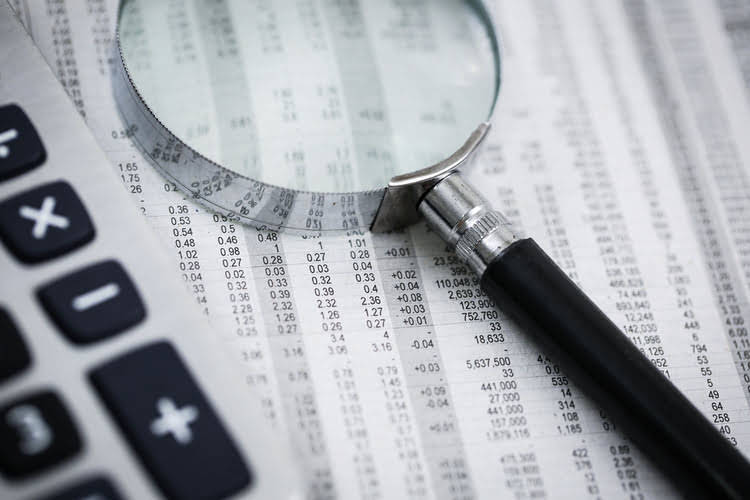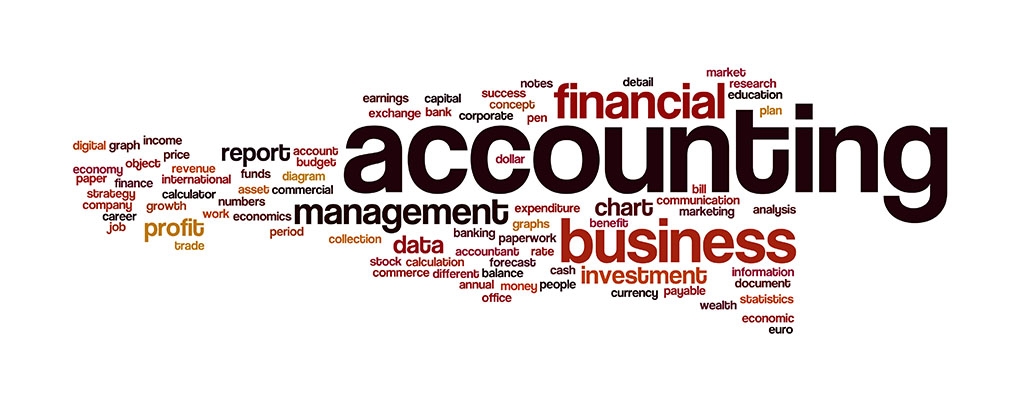Agriculture Accounting: A Comprehensive Guide

Livestock operations present unique accounting challenges, as they involve living assets that can reproduce, gain weight, and mature. The initial valuation of livestock is typically based on the purchase cost or the fair value at the point of acquisition. As animals grow or produce offspring, their value changes, and this must be reflected in the financial records. Accountants must track these changes meticulously, adjusting the value of the livestock inventory to account for births, deaths, market value changes, and increases in size or production capacity.
- Farm accountants extend their role beyond tax planning to financial analysis and budgeting, shaping a farm’s financial future.
- Due to agriculture’s lengthy production cycles, it typically takes two years to completely implement farm accounting management, but many people find that the process is just as advantageous as the outcome.
- Profit centers are parts of a company that produce profits and revenue on a direct basis.
- Agriculture stands as a cornerstone of economies worldwide, with farm accounting playing a pivotal role in the financial stability and growth of this vital sector.
- This includes knowing about crop cycles, livestock rearing, equipment usage, and more.
Lower of Cost or Market (LCM)*:
This includes setting budgets, forecasting future financial performance, and making strategic decisions to improve profitability. Agricultural accounting operates on a set of specialized principles designed to reflect the unique aspects of the industry. This involves the valuation of living plants and animals, which can be complex due to their growth, reproduction, and susceptibility to environmental factors. Accountants in this sector must be adept at assessing the value of these assets, which often fluctuate based on market conditions and biological transformation.
Which types of businesses are classified as farm businesses?
- We will discuss how the expenses are recorded to the related inventory account and how the inventory will be valued.
- It offers features like expense tracking, budgeting, and livestock performance analysis to streamline financial management in agribusinesses.
- The process of revenue recognition is further complicated by the presence of government programs that provide financial support to farmers.
- It doesn’t matter if you find math calculations enjoyable or consider yourself to be a more creative person.
- Using accounting software for farm systems, farm accounting management covers all facets of production, including agricultural production, supply chain management, and human resources, t o name a few.
Agricultural accounting is distinct from the accounting procedures used by many other companies because farming has particular production cycles. Farms are unable to align on fixed assets a single track, despite normal management of production and revenue taking a linear route. Farm accounting management procedures will be made more efficient by evaluating output according to the appropriate unit (such as animals, acres, weight, or bushels).
Related IFRS Standards
Our work has been directly cited by organizations including Entrepreneur, Business Insider, Investopedia, Forbes, CNBC, and many others. We follow strict ethical journalism practices, which includes presenting unbiased information and citing reliable, attributed resources. The articles and research support materials available on this site are educational and are not intended to be investment or tax advice. All such information is provided solely for convenience purposes only and all users thereof should be guided accordingly. Inventory value can change due to biological factors like growth or disease, market conditions, or even weather events. They wear many hats, from tax experts to financial consultants, all tailored to the nuanced world of agriculture.

It offers features like expense tracking, budgeting, and livestock performance analysis to streamline financial management in agribusinesses. Agricultural accounting is just different from standard accounting and having the right tools to what is agricultural accounting assist your farm managers and agricultural accountants in keeping records straight is vital. Accounting software designed for retail or manufacturing assume short, evenly-distributed turnover. On the other hand, crop and livestock production and marketing are characterized by long overlapping cycles that rarely correspond to calendar years. Software designed specifically for farm management simplifies this process and considers these factors in standard functionality.

Effective budgeting and forecasting ensure livestock operations have the financial resources to handle seasonal fluctuations, plan for future expenses, and maintain profitability year-round. Livestock can be classified as either current or non-current assets, depending on their intended use. Animals raised for sale within the normal operating cycle are considered current assets, while breeding stock may be classified as non-current due to their longer useful life.

From managing the intricacies of seasonality and inventory to guiding risk analysis and maintaining profitability, they wield a specialized skillset tailored to agriculture. To navigate the intricate landscape of agricultural accounting, several key skills Bookkeeping for Veterinarians are needed. Their insights are crucial in guiding strategic decisions, risk analysis, and ensuring regulatory compliance.












